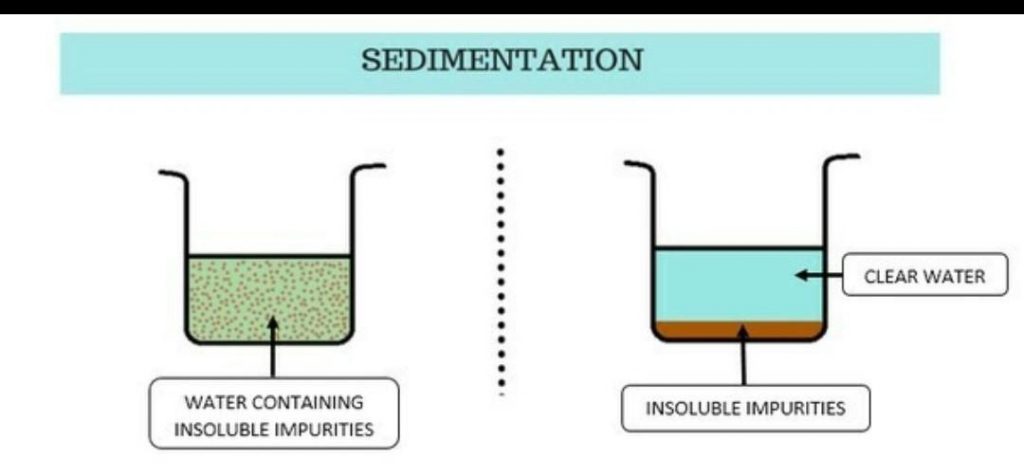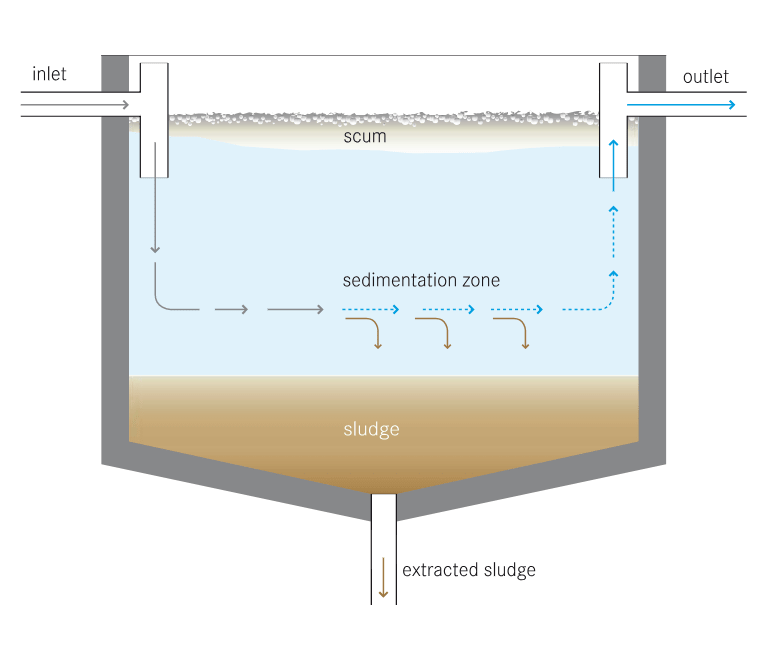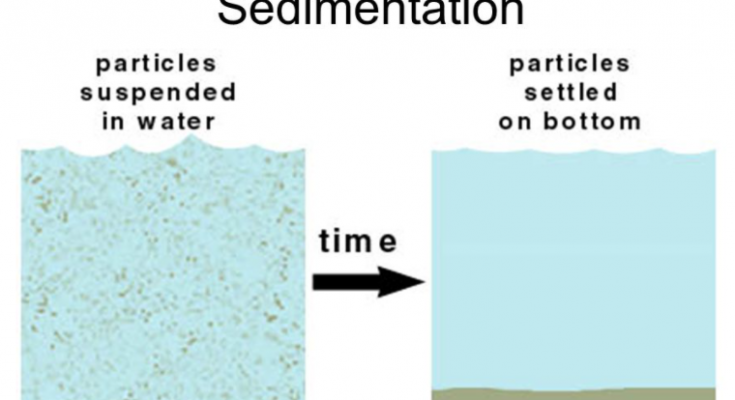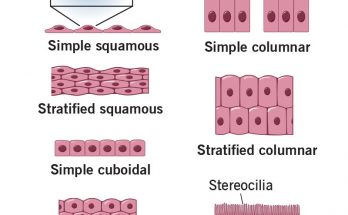SEDIMENTATION – Definition
The process of settling heavy solid suspended particles in a mixture at the bottom of the vessel is known as Sedimentation.
The purpose of sedimentation is to enhance the filtration process by removing particulates.
SEDIMENTATION- Principle
The principle of sedimentation is that heavy particles settle faster in a medium. So the solid component which is insoluble in the mixture settles down due to gravity.
SEDIMENTATION – Process

Mix up sand and water in a glass and stir it with a spoon or any other tool and wait for some time, we see that the sand lies at the bottom and clear water stands on it.
The solid below is known as sediment and the clear liquid above is known as supernatant layer.
SEDIMENTATION -Examples
- Tea leaves settling down in a cup of tea.
- Soil settling in pond water.
- Sedimentation in the water treatment process, during which water has little or no movement, and suspended solids sink to the bottom under the force of gravity and form a sediment.



Fine